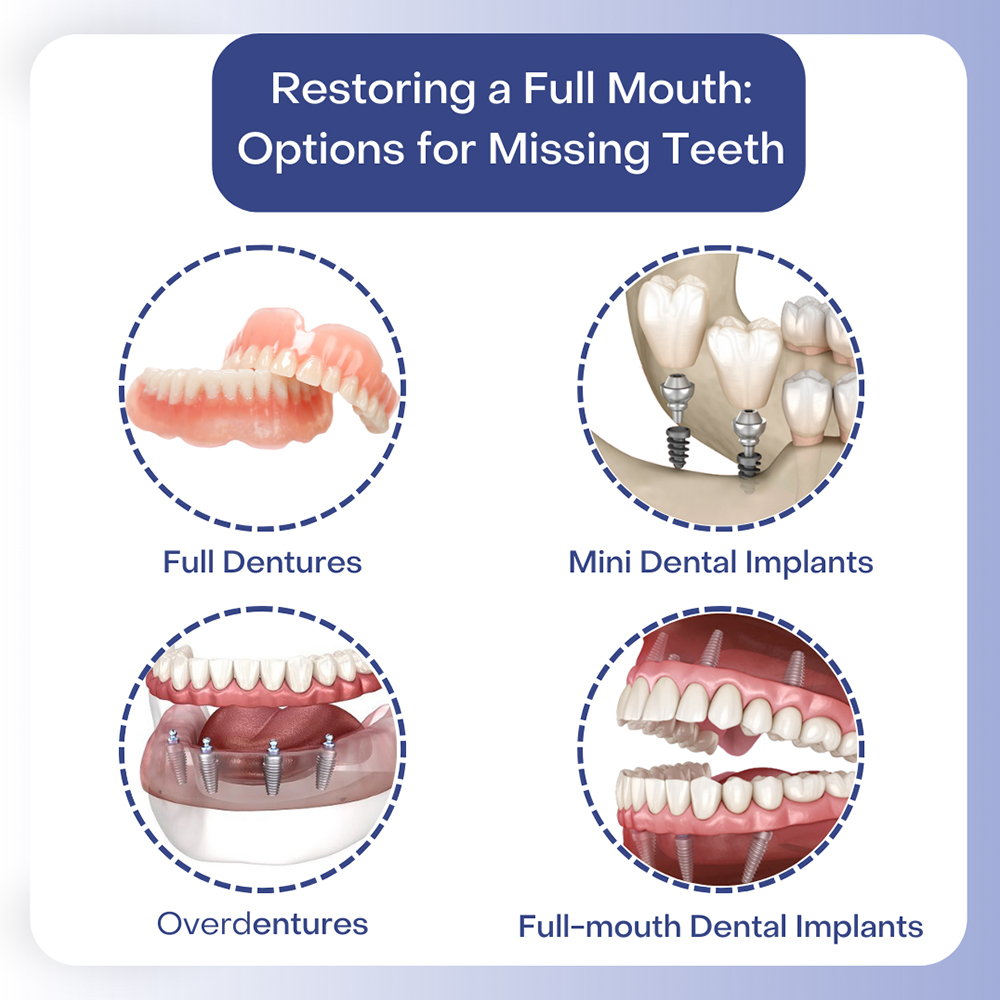The Only Guide to Dental Sense
The Only Guide to Dental Sense
Blog Article
Not known Facts About Dental Sense
Table of ContentsSome Known Incorrect Statements About Dental Sense More About Dental SenseAbout Dental SenseWhat Does Dental Sense Do?
are clinical tools operatively implanted right into the jaw to recover a person's ability to chew or their look. They give support for synthetic (fake) teeth, such as crowns, bridges, or dentures. When a tooth is shed due to injury or illness, an individual can experience difficulties such as quick bone loss, defective speech, or adjustments to chewing patterns that cause discomfort.Oral dental implant systems contain a dental implant body and dental implant abutment and might additionally consist of a joint addiction screw. Dental veneers cost. The oral implant body is surgically put in the jawbone in place of the tooth's root. The dental implant abutment is normally connected to the dental implant body by the abutment addiction screw and prolongs via gum tissues right into the mouth to sustain the connected fabricated teeth
(https://filesharingtalk.com/members/608667-dentalsense1)Structure of The Dental Implant System selecting oral implants, talk to your dental copyright concerning the potential advantages and threats, and whether you are a candidate for the procedure. Points to take into consideration: Your total health and wellness is a crucial consider figuring out whether you are a great candidate for oral implants, the length of time it will certainly require to recover, and how much time the implant might remain in place.
Smoking might affect the healing process and lower the long-lasting success of the implant. The recovery procedure for the implant body may take a number of months or longer, throughout which time you generally have a momentary joint instead of the tooth. the dental implant treatment: Carefully follow the oral health guidelines offered to you by your dental copyright.
The Facts About Dental Sense Uncovered
Implant failure can result in the need for one more operation to repair or change the implant system. Restores the capability to chew Recovers aesthetic look Helps keep the jawbone from diminishing because of bone loss Preserves the health of the surrounding bone and gums Helps maintain nearby (neighboring) teeth steady Enhances lifestyle Damage to surrounding natural teeth throughout dental implant positioning Injury to the surrounding tissues during surgical treatment, such as sinus opening Injury throughout surgical treatment (for example, crack of surrounding jawbone) Inadequate feature, such as feeling like the teeth do not bite together generally A sensation that the tooth hangs or twisting in place resulting from a joint screw loosening up Implant body failure (looseness of the implant body) due to systemic infection, which might be most likely in individuals with unchecked diabetes as a result of regional infection in bone and periodontals supporting the implant body due to delayed healing, which might be more probable in individuals that smoke Difficulty cleansing the gum tissues around the implant, leading to bad dental hygiene Untreated periodontal illness Post-surgical tingling due to nerve impingement or damages Constantly inform healthcare carriers and imaging technicians that you have oral implants before any type of magnetic resonance imaging (MRI) or x-ray procedures.
FDA is not conscious of any type of damaging events reported for MRI or x-ray procedures with dental implants. Dental implants systems are commonly made of products that follow global agreement criteria of the International Company for Standardization (ISO) or ASTM International. These standards have details of what makes a risk-free material.

An oral implant is a structure that changes a missing tooth. With screw-like tools, the cosmetic surgeon inserts an implant into the jawbone, and it acts as a support for a synthetic tooth, called a crown.
Some Known Details About Dental Sense
Some individuals are not qualified for dental implant surgical treatment. It is for dental surgeons to operate on people with: intense illnessuncontrollable metabolic diseasebone or soft tissue illness or infectionIf these concerns are settled, an individual can have the surgery. In, oral cosmetic surgeons avoid operating on individuals with: If people with any of the above undergo oral implant surgery, there is a higher danger of the implant failing.

Dental dental implant surgical treatment is an individualized procedure. It's not the exact same for everyone. Yet the complying with offers a general summary of what you can expect your dental practitioner, oral specialist, periodontist or prosthodontist to do: Put the implant surgically. Offer you time to recover. Attach the blog post and last crown, bridge or denture.
Next, your surgeon will carefully put the dental implant into your jaw. If your implant is near the front of your mouth, your dental practitioner will make a momentary tooth for you to wear up until you heal.
The Ultimate Guide To Dental Sense
Throughout the healing phase, your jawbone must fuse to the dental implant. This process can take anywhere from three to 9 months.
Once your implant heals, your dental expert can attach the joint (little port article) and your final repair (crown, bridge or denture). This typically takes concerning one hour to complete and may call for a 2nd small surgery. You shouldn't really feel any pain during your dental implant procedure since your copyright will utilize medication to numb your periodontals.
Report this page